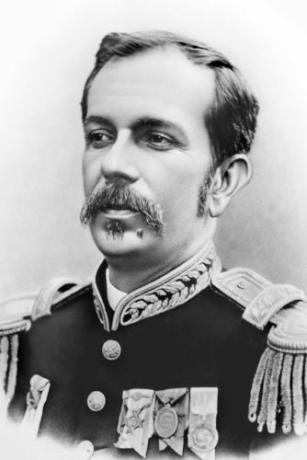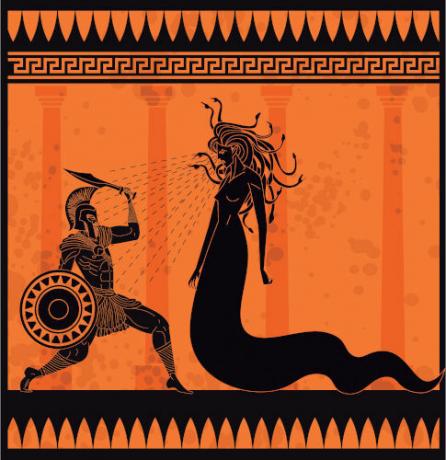How important was the Encyclopedia to the Enlightenment?
The idea of disseminating knowledge, defended by Enlightenment thinkers, was expressed in the creation of the Encyclopedia. The thinkers Diderot and D'Alembert, when developing the 35 encyclopedic volumes, sought to concentrate much of the knowledge developed until then to that it could be easily promoted in different parts of Europe, thus helping the population to develop critical thinking through the use of reason.
What were the criticisms that some Enlightenment philosophers made of the church?
The Church was criticized by Enlightenment thinkers. That's because they defended free thought, something repugnant by Christian traditionalism, based on dogmas. In addition, the luxuries and excesses of the high clergy were also a negative point in the view of these intellectuals.
Why were Enlightenment thoughts important to geography?
Enlightenment thought, based on the use of reason, helped human beings in the process of exploration and knowledge of new territories. For them, the study of geography would be extremely important for the society of the time.
What was the influence of the Enlightenment on the Universal Declaration of Human Rights?
The Universal Declaration of Human Rights presents values and ideals defended by the Enlightenment, based on the existence of natural rights and the freedom of each individual.
How important were Descartes, Locke and Newton to the Enlightenment?
Thinkers Descartes, Locke and Newton were of great value to the Enlightenment. Through his studies, which promoted observation and the use of reason in the process of understanding the universe, the society can find a new way of analyzing reality beyond the religious vision presented by Church.
What Enlightenment ideas influenced the American Revolution?
The American Revolution, which took place in 1776, marked the end of England's colonial domination over the 13 colonies, thus leading to the emergence of the United States of America.
This context of revolution was influenced by Enlightenment ideals, based on freedom, equality and political representation.
We can list, in a practical way, the Enlightenment influence on the American Revolution:
- The Declaration of Independence of the United States was designed and structured based on the premises of individual freedom and natural right, defended by the Illuminists;
- The idea of “government of the people, by the people and for the people”, which was opposed to the absolutist regimes of the time;
- How the concept of equality is worked on in the Declaration of Independence.
Even though Enlightenment ideas were conceived and disseminated centuries ago, even today we can see the influence of this line of thought in our society.
Who are the main Enlightenment philosophers?
We can cite as main philosophers:
- Rene Descartes;
- John Locke;
- Montesquieu;
- Voltaire.
The ideas developed by these and other thinkers were extremely important for the development of politics as we know it today.
What were the main ideas of the Enlightenment?
Enlightenment thinkers developed their ideas based on some pillars, namely the use of reason, the appreciation of freedom, equality, tolerance and progress.
With regard to tolerance, they were against the hegemony of the Church and its strong relationship with the State.
For them, the best way to understand the world around us would be through the use of reason. Therefore, knowledge should no longer be a privilege of a few, but something within the reach of all human beings.
Furthermore, for them, society should be based on principles of justice and equality, considering that all men are born equal.
What were the impacts of the Enlightenment on society?
Enlightenment thinkers, through their works, served as an inspiration for some revolutions and uprisings occurred, as well as influencing law codes and political models throughout of centuries.
Events such as the Mining Conspiracy, Independence of the United States and the Declaration of Human Rights, based on legal equality, tolerance and a secular state, the main foundations of modern democracy.
What are some examples of Enlightenment works?
Some works were of vital importance for the development of society as we know it today, such as such as the volumes of the Encyclopedia, by Diderot and d'Alembert, and the Social Contract, written by Jean-Jacques Rousseau.
SOUZA, Thiago. Questions and Answers about the Enlightenment.All Matter, [n.d.]. Available in: https://www.todamateria.com.br/perguntas-e-respostas-sobre-o-iluminismo/. Access at:
See too
- Enlightenment Philosophers
- Modern Philosophy
- Enlightenment: what it was, summary, thinkers and characteristics
- 20 quotes from philosophers to help with writing the Enem
- What is Philosophy?
- The Greatest Philosophers in History
- Human rights
- Enem Philosophy Questions



